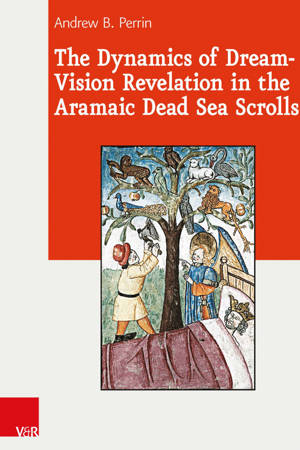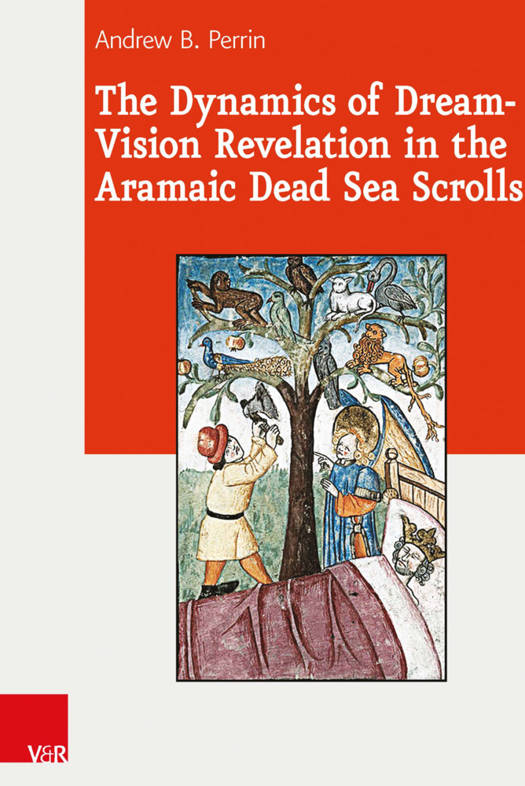
- Afhalen na 1 uur in een winkel met voorraad
- Gratis thuislevering in België vanaf € 30
- Ruim aanbod met 7 miljoen producten
- Afhalen na 1 uur in een winkel met voorraad
- Gratis thuislevering in België vanaf € 30
- Ruim aanbod met 7 miljoen producten
Zoeken
The Dynamics of Dream-Vision Revelation in the Aramaic Dead Sea Scrolls
Andrew Perrin
€ 128,45
+ 256 punten
Omschrijving
Among the predominantly Hebrew collection of the Dead Sea Scrolls are twenty-nine compositions penned in Aramaic. While such Aramaic writings were received at Qumran, these materials likely originated in times before, and locales beyond, the Qumran community. In view of their unknown past and provenance, this volume contributes to the ongoing debate over whether the Aramaic texts are a cohesive corpus or accidental anthology. Paramount among the literary topoi that hint at an inherent unity in the group is the pervasive usage of the dream-vision in a constellation of at least twenty writings. Andrew B. Perrin demonstrates that the literary convention of the dream-vision was deployed using a shared linguistic stock to introduce a closely defined set of concerns. Part One maps out the major compositional patterns of dream-vision episodes across the collection. Special attention is paid to recurring literary-philological features (e.g., motifs, images, phrases, and idioms), which suggest that pairs or clusters of texts are affiliated intertextually, tradition-historically, or originated in closely related scribal circles. Part Two articulates three predominant concerns advanced or addressed by dream-vision revelation. The authors of the Aramaic texts strategically employed dream-visions (i) for scriptural exegesis of the antediluvian/patriarchal traditions, (ii) to endorse particular understandings of the origins and functions of the priesthood, and (iii) as an ex eventu historiographical mechanism for revealing aspects or all of world history. These findings are shown to give fresh perspective on issues of revelatory discourses in Second Temple Judaism, the origins and evolution of apocalyptic literature, the ancient context of the book of Daniel, and the social location of the Aramaic Dead Sea Scrolls.
Specificaties
Betrokkenen
- Auteur(s):
- Uitgeverij:
Inhoud
- Aantal bladzijden:
- 312
- Taal:
- Engels
- Reeks:
- Reeksnummer:
- nr. 19
Eigenschappen
- Productcode (EAN):
- 9783525550946
- Verschijningsdatum:
- 19/08/2015
- Uitvoering:
- Hardcover
- Formaat:
- Genaaid
- Afmetingen:
- 165 mm x 238 mm
- Gewicht:
- 249 g

Alleen bij Standaard Boekhandel
+ 256 punten op je klantenkaart van Standaard Boekhandel
Beoordelingen
We publiceren alleen reviews die voldoen aan de voorwaarden voor reviews. Bekijk onze voorwaarden voor reviews.











